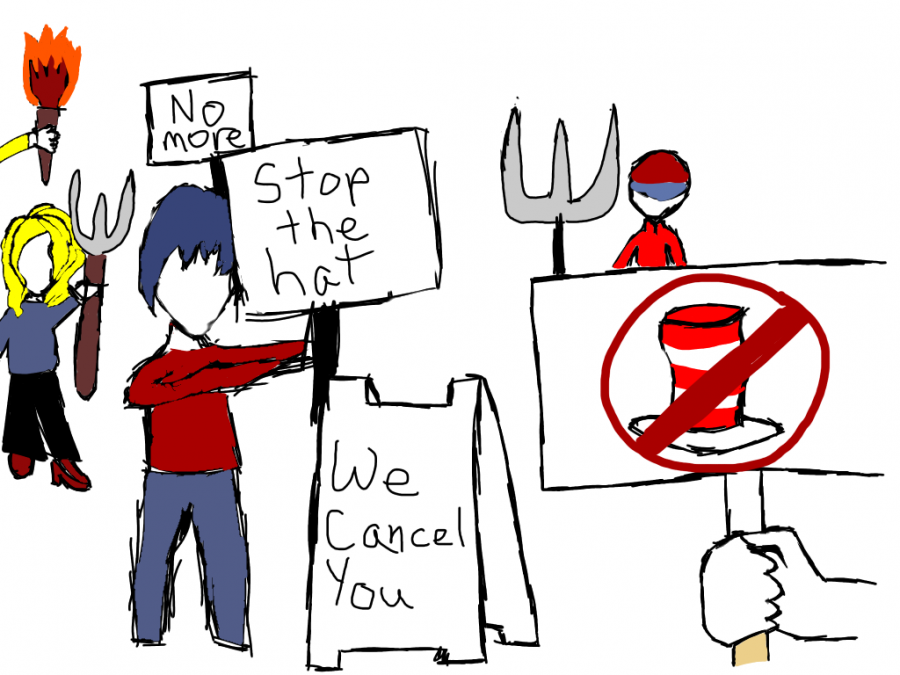Cancel culture is a widely used term that is beginning to lose it’s actual meaning. The term is defined as engaging in mass canceling as a way of expressing disapproval and exerting social pressure. The use has shifted from an action taken against people to force change to being used to attack any progressive change and to deflect when being accused of doing something wrong. With anything from children’s books and Potato Heads to politicians attempting to defend their heinous actions, cancel culture has become the term used against those trying to point out something in need of change.
Progressive change is necessary for moving into the future. Times move forward and things become no longer acceptable. That is what happened to six of Dr Seuss’ books, and this became another example of cancel culture. Except it wasn’t, because not only was it a decision made by Dr Seuss Enterprise, but none of the books being pulled are anywhere near the top selling big names of the Dr Seuss collection. The Cat in the Hat isn’t going anywhere and you can still have your green eggs and ham. Many without ever reading these six books took to the internet, outraged that Dr Seuss was being cancelled, due to it being a widely discussed topic on right wing news sources, such as Fox News. It’s a ridiculous occurence that has become disappointingly common, yet the rage machine shows no sign of slowing down.
This isn’t just a republican issue however, as recently New York Governor Andrew Cuomo has attempted to battle allegations of sexual harassment by claiming it is a matter of cancel culture. This is another instance of the misuse of the term, as a lack of public approval for doing something bad isn’t cancel culture, it’s people not being comfortable with immoral actions that should never have happened and are not acceptable.
In both instances, and so many more, cancel culture is used in a manner that is far from its proper use. Now in actual examples of cancel culture, it is an action that should be taken into question and discussed on when and how it should be used, but in scenarios where people attempt to use cancel culture to defend or deflect away from their own wrongdoing, or attack impactful change, it’s just wrong. Cancel culture needs to be more correctly understood before it can be properly addressed rather than being a shield against change. Unfortunately with the lack of actual research that gets done, it is unlikely we will make progress in this field for a long time.


